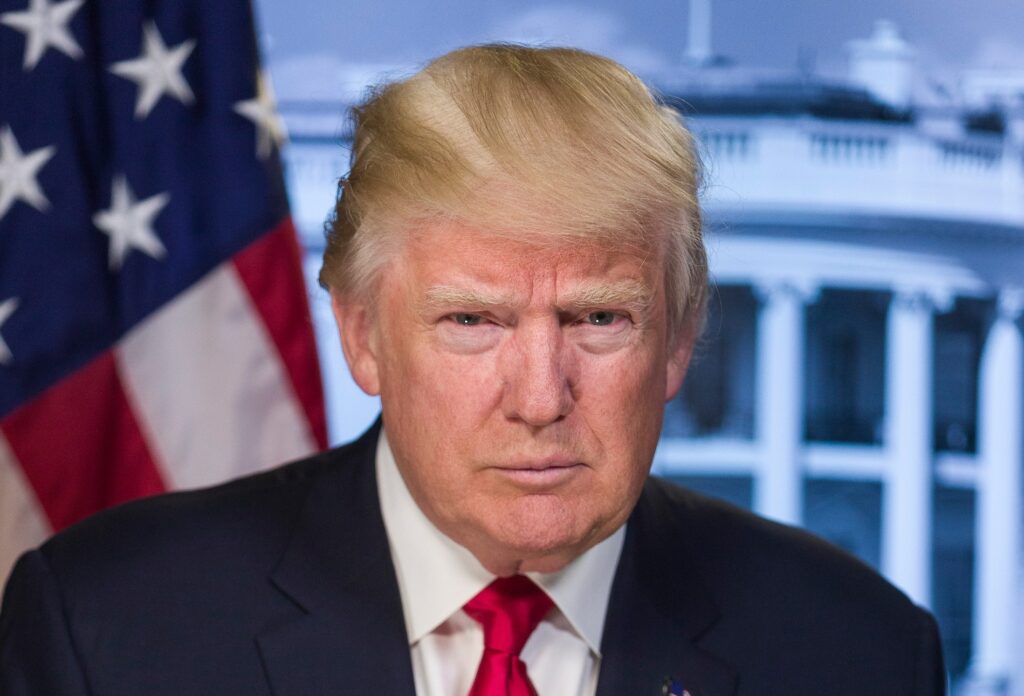
(Rightallegiance.com) – In a recent pivotal moment at Donald Trump’s hush money trial, former Trump adviser Hope Hicks took the stand, providing insights into the internal reactions to a 2016 scandal involving a controversial recording of Trump. This recording, where Trump is heard making inappropriate comments about women, sent shockwaves through his presidential campaign just days before a critical debate.
Hicks, who later served as the White House communications director, was the first of Trump’s close advisers to testify in the ongoing case, which centers on allegations that Trump orchestrated illegal payments to suppress damaging claims about his personal conduct, thereby influencing the 2016 election outcome.
The crux of the prosecution’s argument is tied to the infamous “Access Hollywood” tape. According to prosecutors, the fallout from the tape’s release accelerated actions by Trump’s then-lawyer, Michael Cohen, to arrange a payment to adult film actress Stormy Daniels. This payment was allegedly made to prevent Daniels from going public about a previous sexual encounter with Trump.
During her testimony, Hicks recounted the immediate concern among the campaign staff when they were informed of the tape by a journalist from the Washington Post. The team, including Hicks, scrambled to gauge the potential impact of the tape, fearing it would dominate the news cycle and tarnish Trump’s candidacy. Hicks revealed her apprehension about the situation, testifying that she was “really nervous” and understood the gravity of the tape’s contents.
Despite the allegations and the ongoing trial, Trump has consistently denied any extramarital sexual encounters and insists he has not engaged in any wrongdoing connected to these events.
The trial also featured testimony from other key figures, including Douglas Daus, a forensic analyst who presented evidence from Cohen’s iPhones. These devices, handed over to authorities, contained crucial data pertaining to the alleged hush money transactions.
Moreover, the prosecution introduced a secretly recorded conversation between Trump and Cohen, wherein they discussed arranging a payment to former Playboy model Karen McDougal to prevent her from publicizing an alleged affair with Trump. This recording, which captured Trump suggesting a cash payment before settling on a check, is considered a significant piece of evidence linking Trump directly to the payment schemes.
The defense, however, argued that Trump’s actions were aimed at protecting his personal and family reputation, rather than influencing the election. They also attempted to discredit the credibility of the prosecution’s witnesses and suggested that Trump might have been the victim of extortion.
In the coming weeks, the trial is expected to hear from Michael Cohen, described as the prosecution’s star witness. His testimony is anticipated to be central to further detailing the alleged hush money payments and Trump’s involvement.
As the trial progresses, both the defense and the prosecution will continue to unveil a complex narrative of legal and ethical questions that surround one of the most controversial figures in recent American political history. This case not only explores the boundaries of legal conduct during an election campaign but also tests the robustness of U.S. judicial proceedings in politically sensitive contexts.